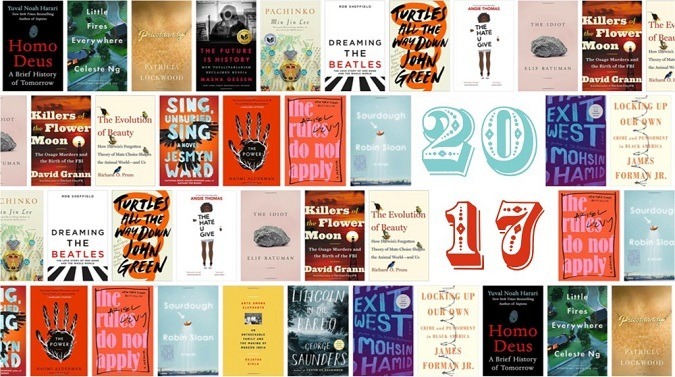Posts by Dr. Bill Klemm
How to remember what you read: Eight tips to improve reading speed and cognitive ability
__ You read a lot. Now, do you remember much of what of you read? Whether it is books, blog, magazines, or professional manuals, we still need to read. Now and in years ahead. And, much of it is nonfiction material, where it’s crucial to first understand and then remember what you are reading.
Read MoreEight Tips To Understand and Remember What You Read — Especially As You Read Nonfiction
___ Despite Instagram, YouTube, Facebook, Twitter, and television, (or perhaps precisely because of all of them) traditional reading is still an important skill. Whether it is magazines, professional manuals or fascinating books, people still need to read, now and in years ahead. And much of it is nonfiction material, where it’s important to really understand…
Read MoreHow to improve memory skills and remember what you read: Beyond phonics and “whole language”
Despite the increasing visual media we are increasingly exposed to, reading is still an important skill. Whether it is school textbooks, online newspapers or regular books, people still read, though not as much as they used to. One reason that many people don’t read much is that they don’t read well. For them,
Read MoreIn the Age of Google, Should Schools Teach Memorization Skills?
As school is about to resume, people are reminded of their strong opinions about how to fix schools: more funding, better teachers, less government interference, more government interference, etc. But the one obvious, and never-stated problem, is that students don’t remember what they are taught. In spite of all the “teaching to the test” that…
Read MoreEight Tips To Remember What You Read
Reading improves cognitive ability. Here are eight tips which will enhance your reading ability.
Read MoreMemory Problems? Perhaps you are Multi-tasking
Today’s kids are into multi-tasking. This is the generation hooked on iPods, IM’ing, video games — not to mention TV! Many people in my generation think it is wonderful that kids can do all these things simultaneously and are impressed with their competence. Well, as a teacher of such kids when they reach college, I…
Read More


